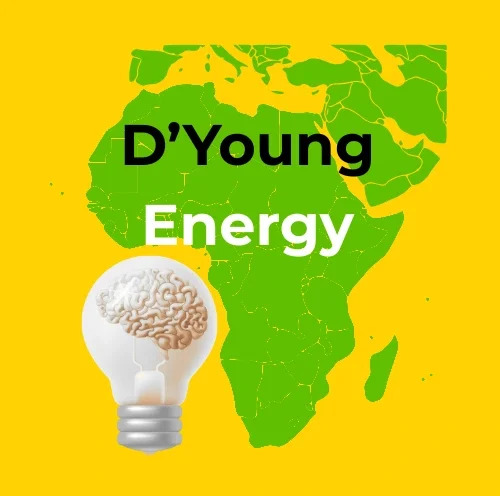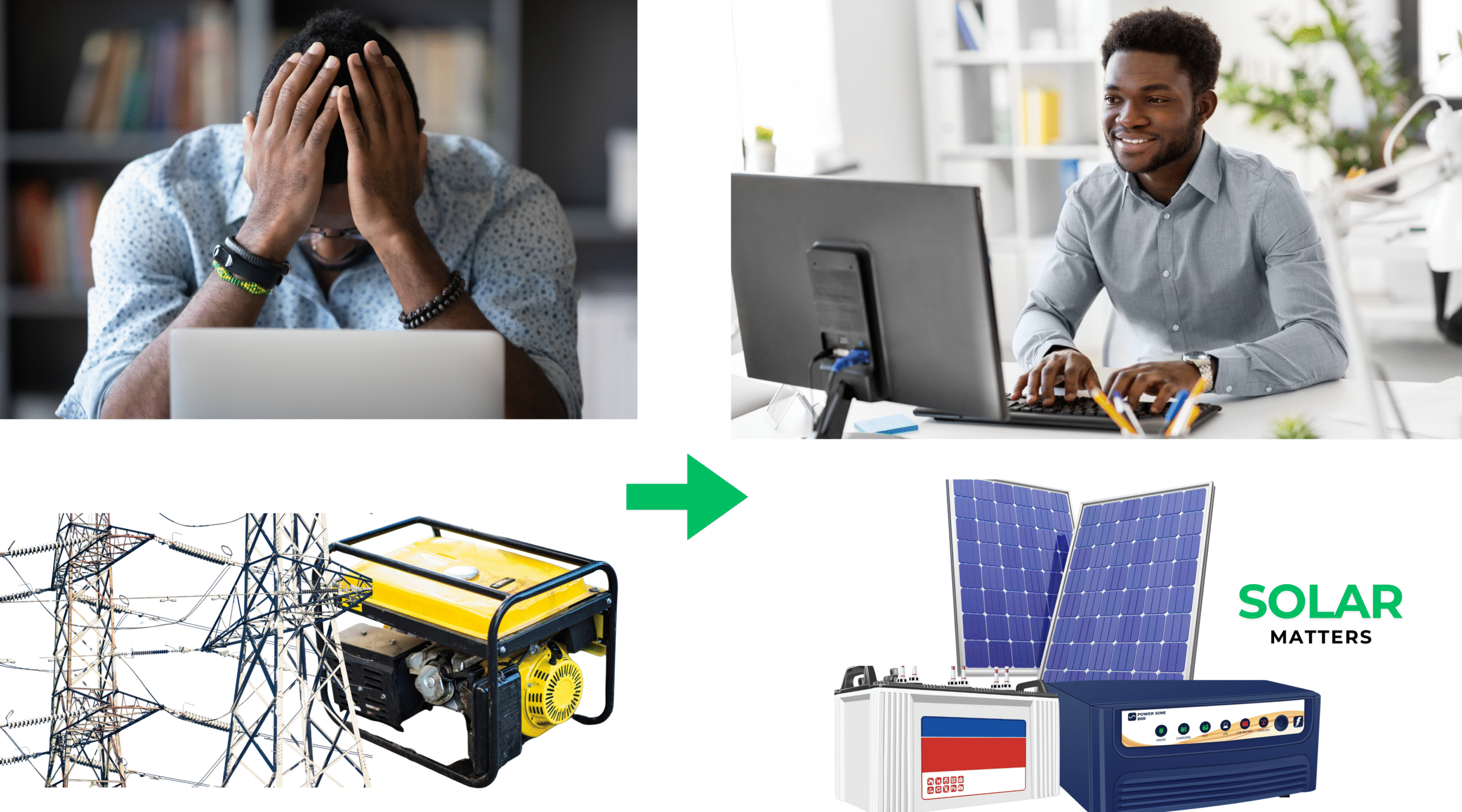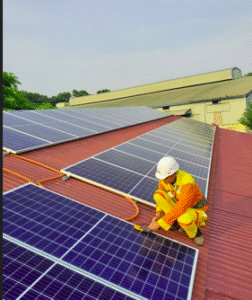In Nigeria, where consistent electricity from the national grid remains elusive, many households and businesses rely heavily on generators to power their homes and operations. The noise, environmental pollution, and especially the soaring fuel costs make running generators an expensive and frustrating solution. As a result, more Nigerians are turning to solar power as a reliable, cost-effective alternative to fuel-powered generators. In this article, we explore solar vs generator, how switching to solar power not only reduces fuel costs but also offers long-term financial savings and energy security for Nigerians.
Merits and Demerits: Solar Power vs. Generator
Solar power comes with many advantages, especially in a country like Nigeria, blessed with abundant sunlight year-round. One of the most significant merits is cost savings. While the initial installation of a solar power system might seem expensive, the long-term savings on fuel costs make it a more sustainable option. According to The Electricity Hub, Lagos residents spend about ₦14 trillion annually on fuel for 4.5 million generators, which consume 16 billion litres and emit 38 million tonnes of CO.—money that could be saved by investing in solar.
- Another benefit is noise reduction. Generators are notoriously loud, disturbing the peace of homes and neighborhoods. Solar power is silent and eliminates the disruptive noise associated with running generators.
- Additionally, solar power is environmentally friendly. Generators contribute to air pollution by emitting harmful gases like carbon monoxide. In contrast, solar power is clean, reducing the carbon footprint of homes and businesses across Nigeria.
However, solar power systems also come with challenges. The initial cost of purchasing solar panels, batteries, and inverters can be high. Not every household may afford the upfront costs, even though several financing options are becoming more accessible. Furthermore, solar systems depend on sunlight, meaning that during long periods of cloudy or rainy weather, their efficiency may decrease if not paired with adequate battery storage.
The effects of high generator fuel costs on households are severe. Families spend a large portion of their income on fuel, reducing the amount of money available for other essential needs such as education, healthcare, and food. High fuel costs also strain businesses, leading to increased prices of goods and services, further impacting the economy. Conversely, investing in solar energy saves money in the long run and provides uninterrupted power, freeing up resources for other expenditures.
What the Government, Media, and People Should Do to Improve Solar Power Adoption
To make solar power more accessible and affordable for Nigerians, several actions must be taken:
- The government plays a crucial role in promoting solar energy adoption by providing subsidies or tax breaks for individuals and businesses investing in solar systems. Reducing the cost of solar equipment through favorable policies will enable more Nigerians to afford the initial setup. Additionally, the government can create programs that offer low-interest loans or financing solutions to help citizens transition to solar energy.
- Beyond government involvement, the media has a responsibility to raise awareness about the benefits of solar power and educate the public about its long-term cost savings. Many Nigerians still hold misconceptions about the reliability of solar energy, often believing that it can’t meet the power demands of a household or business. Through consistent media campaigns, showcasing successful stories of individuals and businesses who have switched to solar power can inspire more people to consider it.
- Individuals also need to take ownership of their energy choices by seeking information about solar energy solutions. Solar energy companies should provide affordable options tailored to the income levels of various households.
- Community leaders and influencers can also promote solar energy by setting examples and encouraging people to make the switch from generators. Group purchasing initiatives can reduce costs for entire neighborhoods, making solar systems more affordable through bulk buying.
Conclusion
The high cost of running generators in Nigeria has led to financial strain for many families and businesses, making the switch to solar power a viable and sustainable solution. While the initial investment in solar power systems may seem steep, the long-term savings on fuel costs make it a worthy investment. With government support, media campaigns to raise awareness, and community-led initiatives, more Nigerians can adopt solar power and save money, enjoy uninterrupted electricity, and contribute to a cleaner environment. Solar power is not just a solution to fuel costs, but a step towards a more energy-secure and sustainable future for Nigeria.




